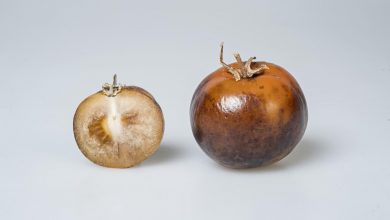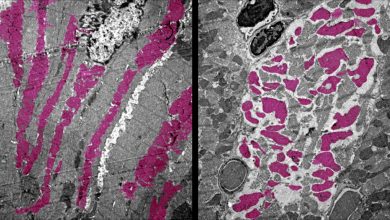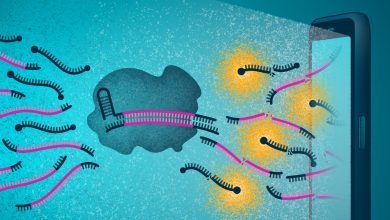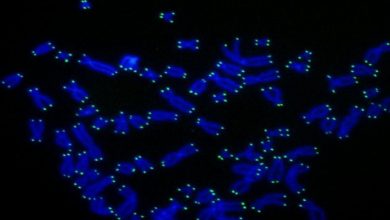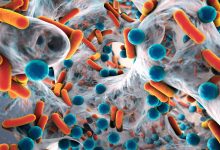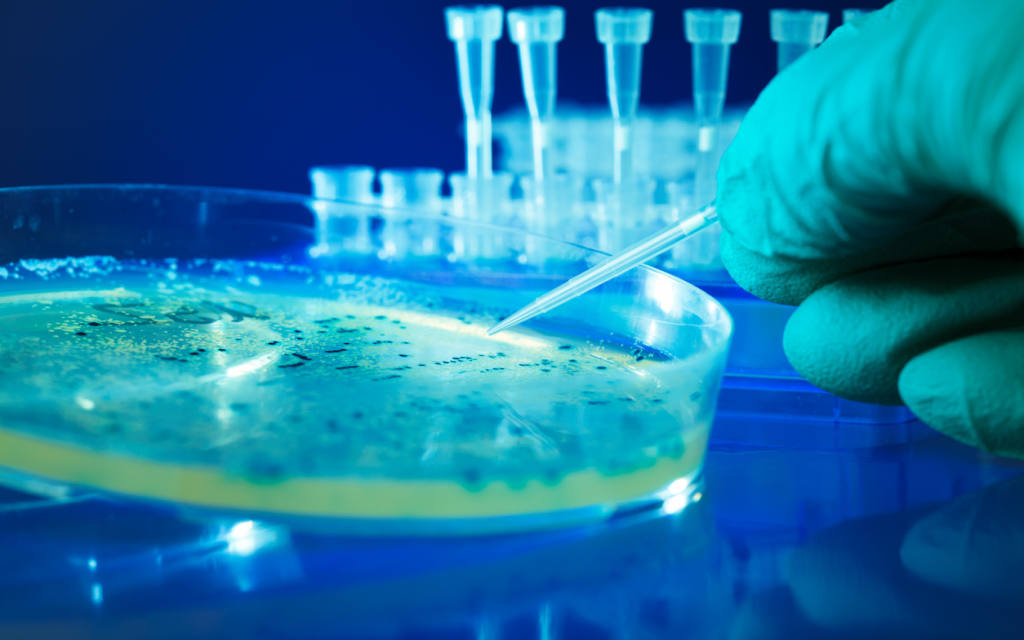
In a new study conducted at University of Warwick and Surrey, researchers have programmed a bacteria to produce drugs efficiently via synthetic biology using engineering principles.
Bacteria have been used in bioengineering for different reasons and once again bacteria are ready to be used in synthetic biology for producing drugs, which is possible because of a breakthrough research conducted at University of Warwick and Surrey.
Cells can be engineered to produce new drugs and combat diseases. Researchers led by Warwick Integrative Synthetic Biology Centre at Warwick’s School of Engineering and the Faculty of Health and Medical Sciences at the University of Surrey have developed technique to effectively manipulate positioning of ribosome – protein manufacturing unit of the cell, when cell requires protein it signals mRNA which combines with ribosome to produce proteins which are essential for survival and functioning of cell and its organelles.
Synthetic circuitry is added to the host cells to enhance the performance of the cell to produce desired proteins. Adding synthetic circuitry will enable the cell to be used as a factory to produce antibiotics and other valuable drugs. This will create great potentials in healthcare and pharmaceuticals.
When the synthetic circuitry is added to the host cell, they both compete for the resources produced by the ribosome as the number of ribosome in the cell is finite.
The researchers have demonstrated how ribosomes can be distributed dynamically, using engineering principle of feedback loop which is used in aircraft flight control system, this will help in allocating ribosomes to the synthetic circuit when it requires and less to the host cell and vice versa.
Declan Bates, Professor of Bioengineering at the University of Warwick’s School of Engineering and Co-Director, Warwick Integrative Synthetic Biology Centre (WISB) said, “Synthetic Biology is about making cells easier to engineer so that we can address many of the most important challenges facing us today – from manufacturing new drugs and therapies to finding new biofuels and materials. It’s been hugely exciting in this project to see an engineering idea, developed on a computer, being built in a lab and working inside a living cell. “eng logo.
“The ultimate goal of the selective manipulation of cellular functions like the one carried out in this project is to understand fundamental principles of biology itself. By learning about how cells operate and testing the constraints under which they evolve, we can come up with ways of engineering cells more efficiently for a wide range of applications in biotechnology” said, José Jiménez, Lecturer in Synthetic Biology at the University of Surrey’s Faculty of Health and Medical Sciences.

